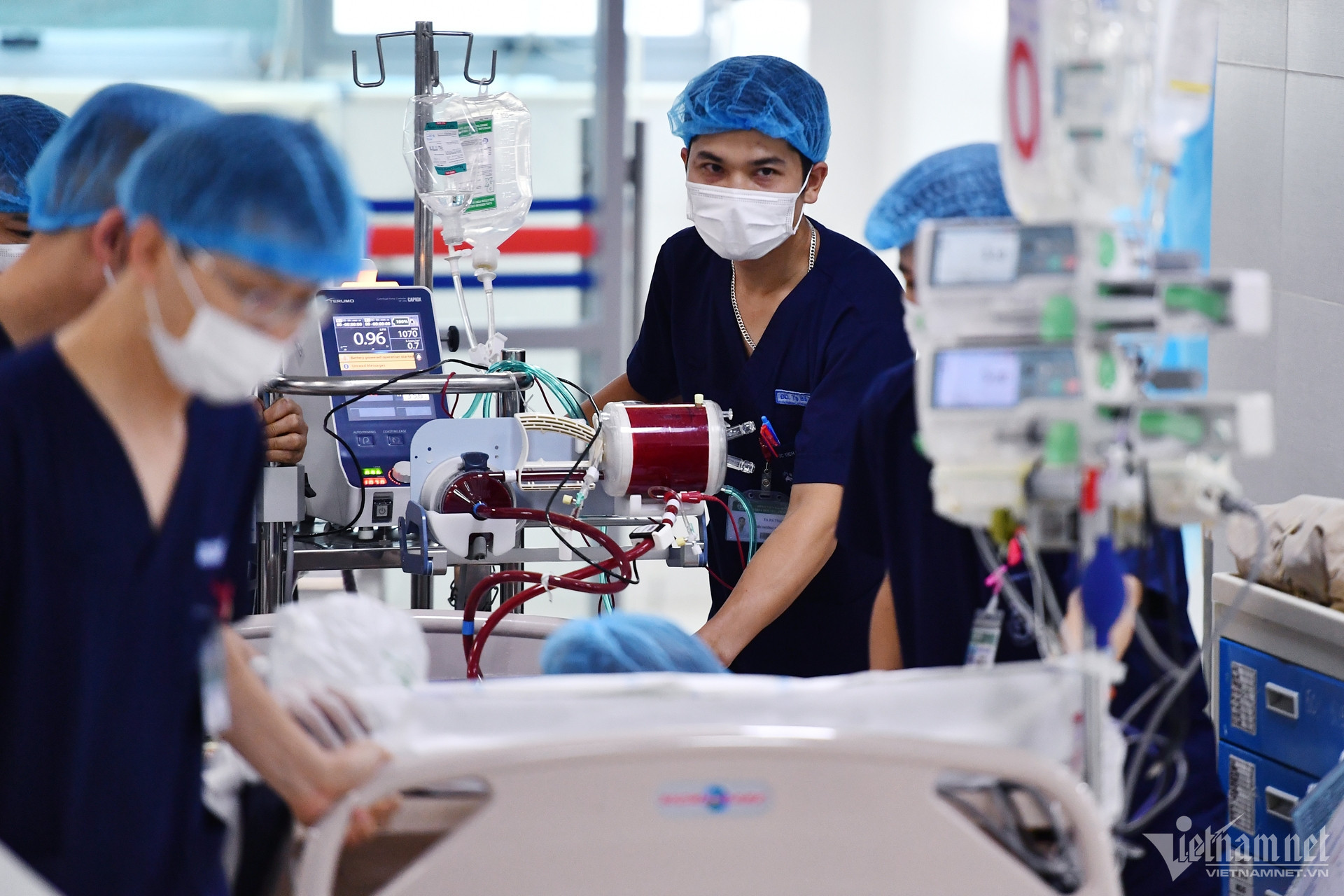
According to the latest government plan, six hospitals have been prioritized for upgrades to meet international standards. These include Bach Mai Hospital, Viet Duc Friendship Hospital, Hue Central Hospital, Cho Ray Hospital, 108 Central Military Hospital, and 175 Military Medical Hospital.
This initiative is outlined in Decision No. 1576/QD-TTg, signed on December 16 by Deputy Prime Minister Le Thanh Long. The decision approves the implementation plan for the national healthcare network restructuring for the 2021–2030 period, with a vision extending to 2050.
Of the six prioritized hospitals, five hold the status of "Special Class" hospitals: Bach Mai, Viet Duc Friendship, Hue Central, Cho Ray (all under the Ministry of Health), and 108 Central Military Hospital (under the Ministry of National Defense).
The government is also prioritizing the construction of the Central Highlands General Hospital and National Centers for Organ Transplant Coordination in Hanoi, Da Nang, and Ho Chi Minh City.
In preventive and public health, investments will focus on establishing a central disease control center and three regional centers for disease control.
In the population and reproductive health sector, the plan includes building two new prenatal and newborn diagnostic centers in Thai Nguyen and Dak Lak, as well as upgrading six existing centers in Hanoi, Nghe An, Thua Thien Hue, Ho Chi Minh City, and Can Tho.
For projects not reliant on public investment, the government plan emphasizes encouraging private sector involvement. Private investment will be directed toward high-tech, modern healthcare services to meet the population's diverse health needs, including those of high-income individuals and expatriates.
The plan also calls for the reorganization and consolidation of public healthcare institutions to ensure streamlined and effective operations. This aligns with Resolution No. 19-NQ/TW issued on October 25, 2017, by the Central Executive Committee of the 12th Party Congress.
To support these goals, the government aims to enhance healthcare workforce development by expanding and improving the quality of medical education to meet the growing demand for doctors, pharmacists, and nurses. It also highlights fostering innovation in healthcare through big data and artificial intelligence, with a focus on cutting-edge technologies in areas like biotechnology, pharmacology, and biomedical electronics.
A core aspect of the plan involves prioritizing public investment to develop healthcare infrastructure in economically disadvantaged, remote, and border areas. This includes facilities focused on preventive healthcare and specialized hospitals for tuberculosis, leprosy, and mental health.
The state will also encourage businesses and research institutions to invest in specialized laboratories for drug research and development, offering appropriate incentives to drive private-sector participation.
Vo Thu